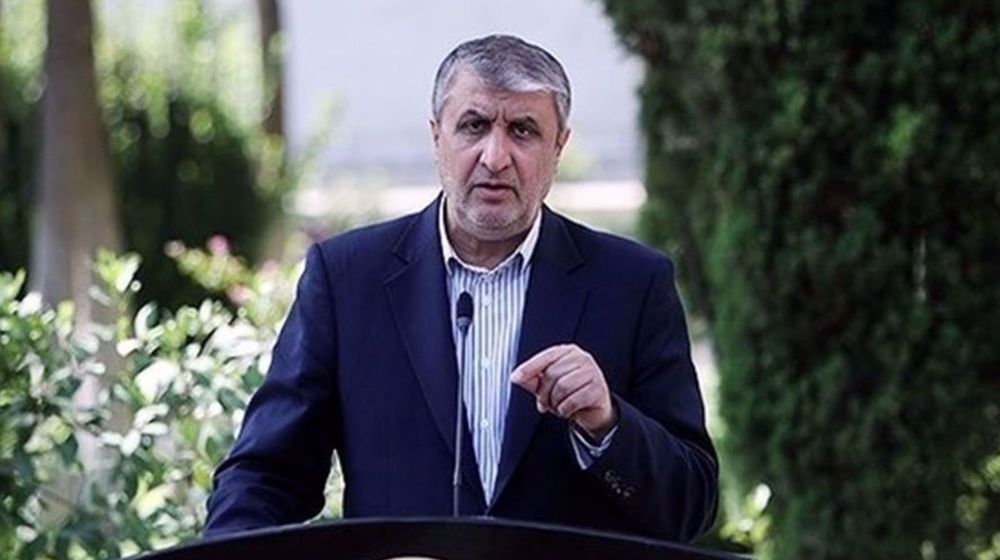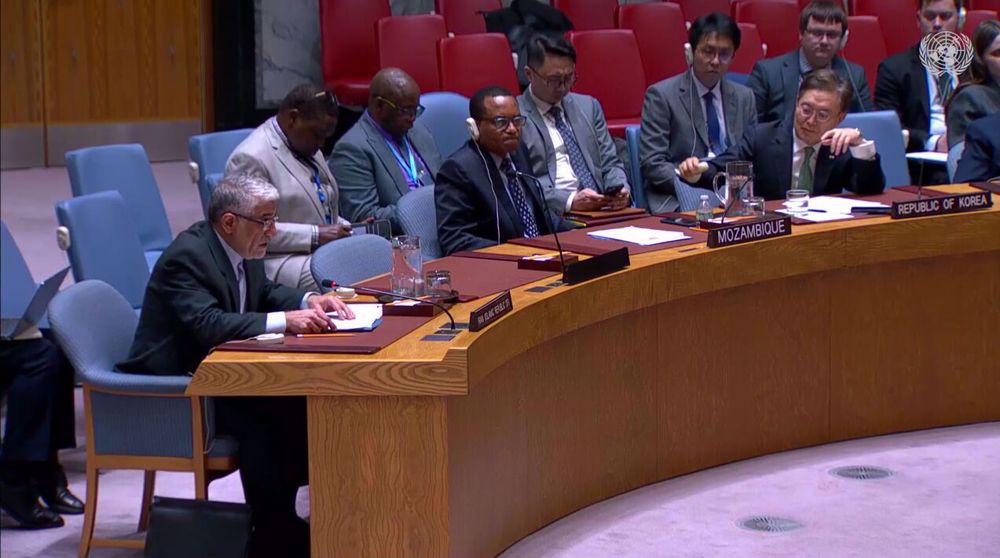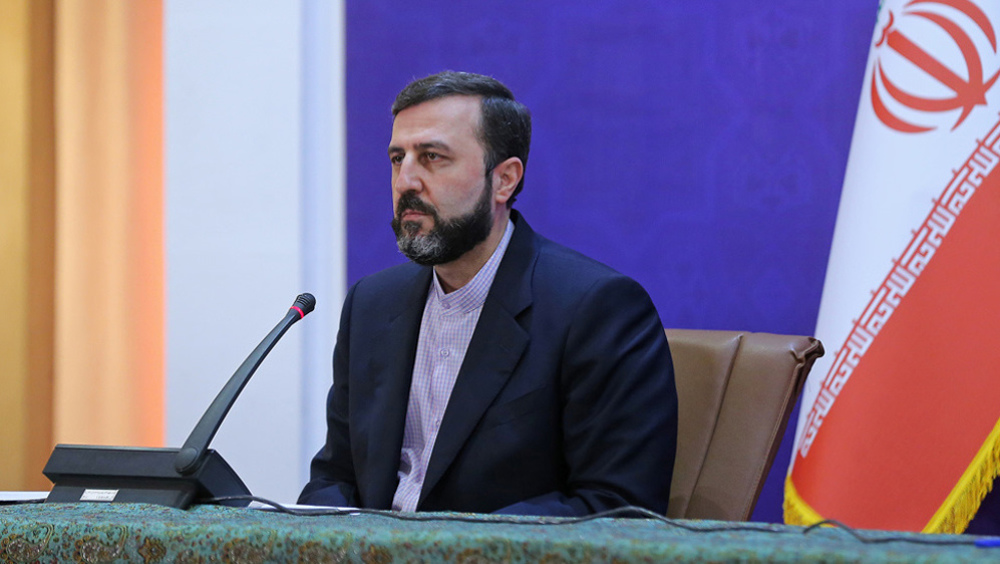IAEA chief arrives in Iran for talks on first visit since taking office
Director General of the International Atomic Energy Agency (IAEA) Rafael Grossi has arrived in Tehran on his first visit to the country since taking office in December to hold talks with senior Iranian officials.
Grossi was welcomed by the spokesman for the Atomic Energy Organization of Iran (AEOI), Behrouz Kamalvandi, upon his arrival on Monday.
The visit takes place over two months after the IAEA Board of Governors passed a resolution on June 19, put forward by Britain, France and Germany – the three European signatories to the landmark 2015 nuclear agreement, officially known as the Joint Comprehensive Plan of Action (JCPOA).
The resolution, the first of its kind since 2012, urges Iran to provide the IAEA inspectors with access to two sites that the trio claims may have been used for undeclared nuclear activities in the early 2000s.
The Islamic Republic rejects any allegations of non-cooperation with the IAEA, insisting that it is prepared to resolve potentially outstanding differences with the nuclear agency.
Iran's permanent representative to Vienna-based international organizations Kazem Gharibabadi said on Sunday that the IAEA chief visit to Tehran has nothing to do with the United States’ latest effort to use the snapback mechanism.
"This visit is not related to the so-called snapback mechanism and does not come at the US' request. Grossi's trip [to Iran] takes place on the basis of Iran’s invitation," Gharibabadi said in a post on his Instagram account.
Read more:
- IAEA chief due in Iran in line with mutual cooperation, interaction: Envoy
- Zarif: Those with nukes won’t be allowed to trifle with IAEA
- Iran’s UN envoy: US will be humiliated again if it tries to snap back Iran sanctions
- US in no position to invoke JCPOA snapback mechanism to reinstate UN Iran sanctions: EU
The United States has been trying to invoke a “snapback” mechanism in the multilateral nuclear agreement despite its withdrawal from the JCPOA in May 2018 in violation of UN Security Council Resolution 2231 that endorses the deal.
The United States' most prominent Western allies have refused to fall into step with its push to snap back the United Nations sanctions against Iran.
The United Kingdom, France, and Germany, all signatories to the JCPOA, say the US does not have the legal right to trigger "snapback" sanctions because it pulled out of the Iran nuclear deal in 2018.
In an exclusive interview with Al-Alam news network on Sunday, Kamalvandi said the IAEA has requested access to two Iranian sites, one of which is located near the central city of Shahreza in Isfahan Province and the other is situated near Tehran.
The AEOI spokesman added that Iran has never been opposed to the agency's access to its nuclear sites, but "believes that the IAEA's inquires must be based on serious evidence and documents."
VIDEO | Report flags India’s violation of rights of Rohingya detainees
Turkey's foreign minister meets Syria's de facto leader in Damascus
'Next to impossible' to rescue patients from Gaza's Kamal Adwan Hospital: Director
VIDEO | Vietnam current prosperity
Report blames gasoil exports for shortage at Iranian power plants
VIDEO | Hind Rajab Foundation names Israeli war criminals vacationing after Gaza genocide
VIDEO | Australians rally for Gaza ahead of Christmas festivities
VIDEO | Attacks on Sana'a











 This makes it easy to access the Press TV website
This makes it easy to access the Press TV website